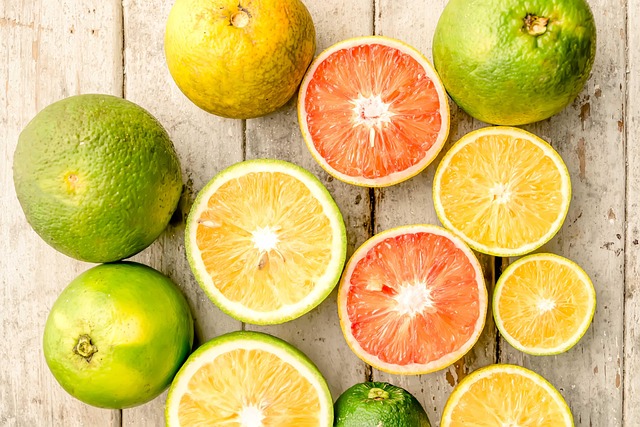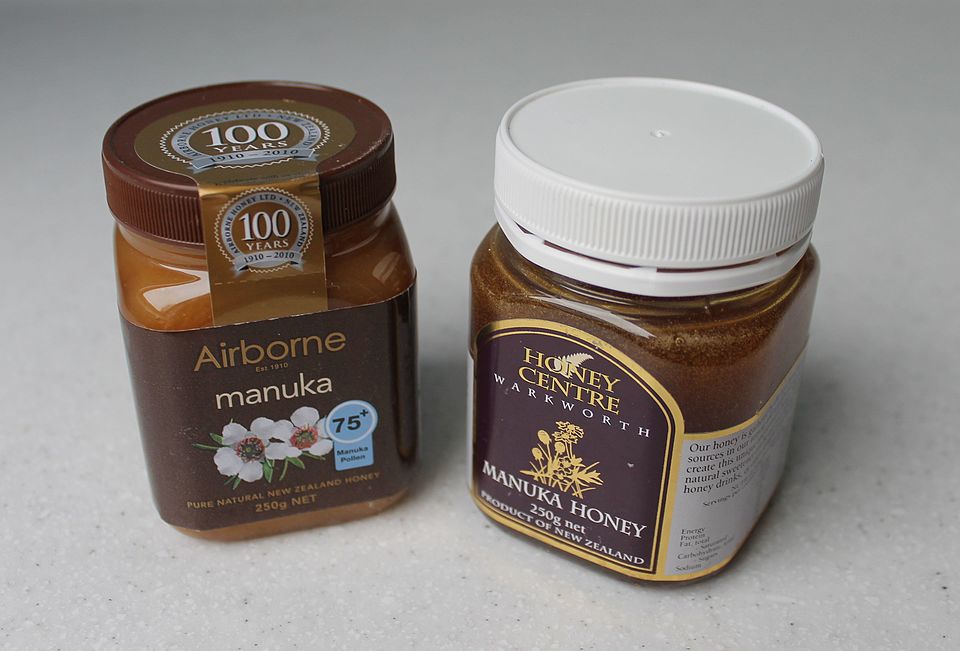Lemon is often hailed as a natural remedy for everything from colds to skin brightening — but does it really help with acne? This citrus fruit is rich in vitamin C and natural acids, making it an appealing option for DIY skincare.
What’s in Lemon That Makes It Good for Acne?
1. Vitamin C (Ascorbic Acid)
Vitamin C (Ascorbic Acid) is a powerful antioxidant that plays a crucial role in maintaining healthy, youthful skin. It’s widely known for its ability to reduce pigmentation, promote collagen production, and offer protection against oxidative stress caused by free radicals. Found in high concentrations in lemon juice and many other citrus fruits, Vitamin C provides a wide range of benefits for the skin. Vitamin C helps to:
- Reduce post-acne pigmentation (dark marks)
- Reduce inflammation
- Brighten skin
- Support collagen production
- Protect skin cells from damage by free radicals
2. Citric Acid (Alpha Hydroxy Acid – AHA)
Citric Acid is a naturally occurring Alpha Hydroxy Acid (AHA) found in citrus fruits like lemons, oranges, and grapefruits. As an AHA, citric acid plays a key role in exfoliating the skin, offering numerous benefits that contribute to healthier, brighter, and smoother skin. It helps to:
- Break down dead skin cells
- Unclog pores
- Improve skin texture
- Stimulate collagen production
- Improve skin hydration
3. Limonene
Limonene is a naturally occurring terpene found in the peel and juice of lemons. It’s responsible for the citrusy aroma that gives lemons their signature fresh scent. In skincare, limonene offers mild antimicrobial and antifungal properties, which may help reduce the presence of acne-causing bacteria on the skin.
- Provides antimicrobial properties
- Gives lemon its refreshing scent
4. Flavonoids (e.g., Hesperidin, Eriocitrin)
Flavonoids, such as hesperidin and eriocitrin, are a group of plant-based compounds widely known for their powerful antioxidant properties. These antioxidants play a crucial role in maintaining overall health by neutralizing free radicals in the body, which are unstable molecules that can cause cellular damage and contribute to various chronic diseases. Flavonoids help to:
- Fight oxidative stress
- Support skin healing
- May help reduce redness and inflammation
5. Tannins
Tannins are a group of naturally occurring polyphenolic compounds found in many plants, particularly in fruits, seeds, and tree bark. Known for their astringent properties, tannins are commonly used in both traditional medicine and skincare for their ability to help manage various skin concerns. Tanins help to:
- Tighten pores
- Help control excess oil production
- Have mild antibacterial effects
- Stimulate the production of collagen in the skin, which leads to firmer and more toned skin
6. Essential Oils (including Citral & Geraniol)
Essential oils, including Citral and Geraniol, are potent plant-derived compounds found in various parts of plants, including lemon peel and lemon juice. These oils not only offer a refreshing scent but also come with several therapeutic benefits for the skin and overall well-being. They:
- Have antifungal and antibacterial properties
- Provide a refreshing scent
- Brighten the skin
- Work as an an effective natural cleanser
7. Magnesium
Magnesium is a vital mineral found in lemons. It offers several benefits for acne-prone skin:
- Helps regulate stress and hormonal imbalances
- Reduces inflammation
- Helps to improve the integrity of the skin barrier, which is essential for protecting the skin from external irritants, bacteria, and pollutants
- Helps the body to eliminate toxins, which could otherwise contribute to the development of acne
8. Pectin
Pectin is a type of soluble fiber found in the pulp and peel of lemons. While pectin is most well-known for its role in aiding digestion, it also provides several benefits for the skin, especially for acne-prone individuals:
- Helps maintain skin hydration. Hydrated skin is less likely to become excessively oily or dry, both of which can contribute to acne formation.
- Has mild anti-inflammatory effects, which can help soothe and calm irritated skin
Conclusion
Lemons are packed with a variety of natural compounds that offer significant benefits for acne-prone skin. From antioxidants to anti-inflammatory agents, these compounds work synergistically to improve skin health and tackle common acne triggers.
……
Related articles:




